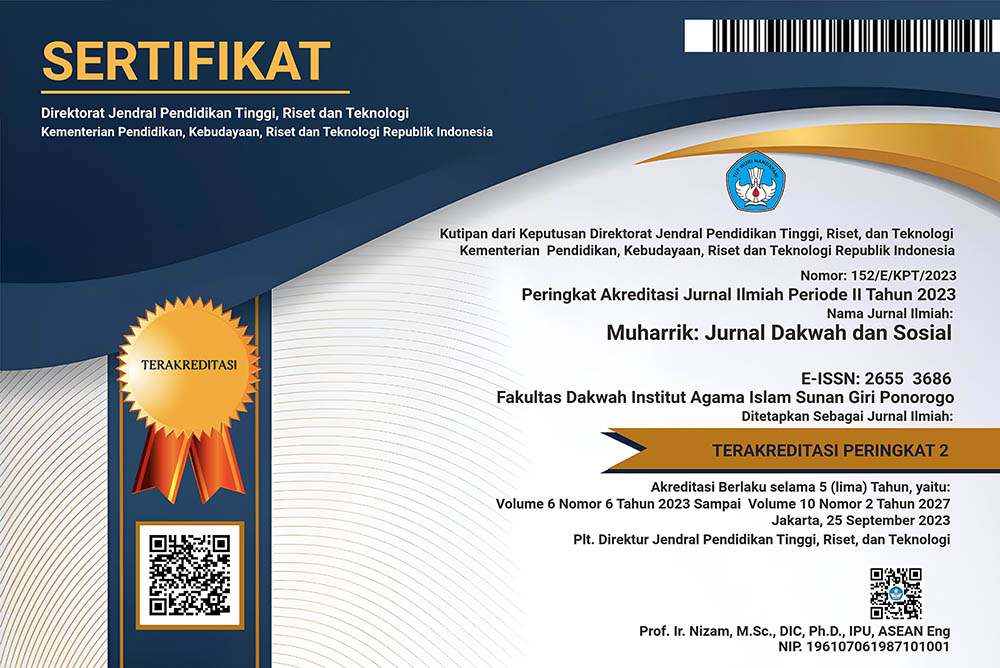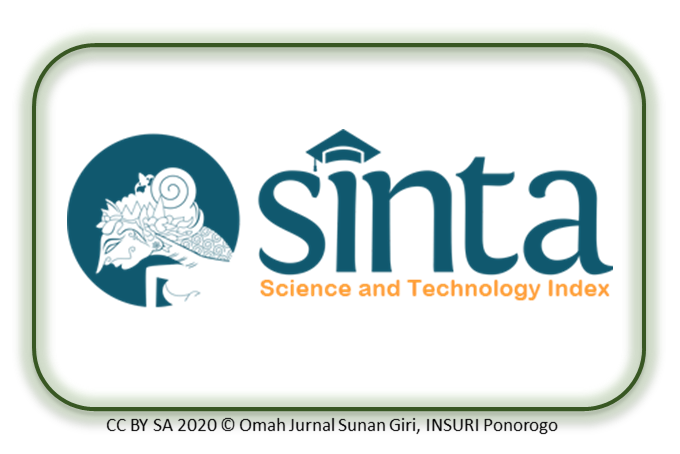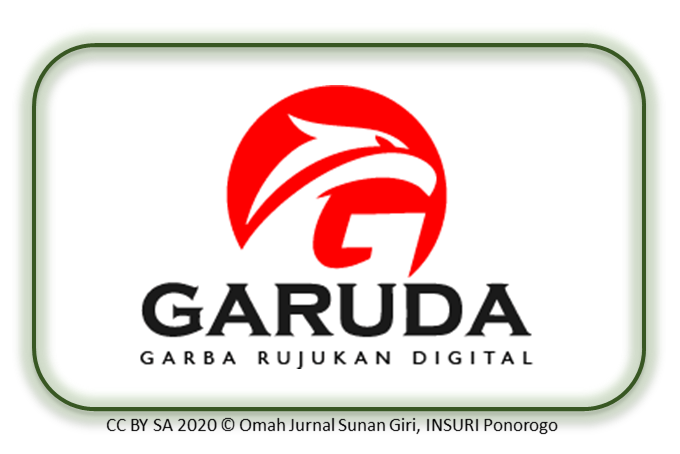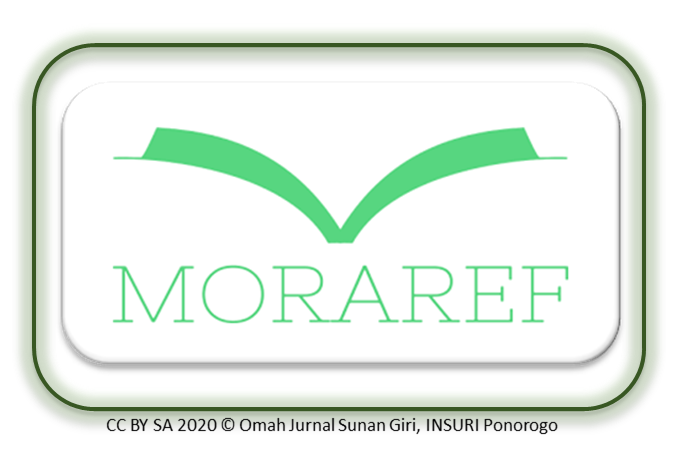The Wasathiyyah Political Movements of Nahdlatul Ulama and Muhammadiyah in North Sumatra Post-1998 Reform Era
Keywords:
Wasathiyyah, Political Movement, Nahdlatul Ulama, Muhammadiyah.Abstract
The rise of religious-based organizations, especially Islam after the 1998 reformation, led to a contestation between radical and moderate (wasathiyyah) streams. Organizations within the wasathiyyah group also experienced conflict. This study is an exploration of the wasathiyyah political movement carried out by Nahdlatul Ulama and Muhammadiyah in North Sumatra to explore the ontology of the wasathiyyah political movement of the organization, the construction of the movement, and the practice of the wasathiyyah political movement of NU and Muhammadiyah. This comparative qualitative study found that 1) Muhammadiyah's Wasathiyyah is based on the thoughts of KH. Ahmad Dahlan in 7 philosophies of life which are summarized into the nature of religion, renewal-purification (tajdid), education, and social charity, the theological basis of Al-Ma'un and openness is central to the Muhammadiyah's approach, while Nahdlatul Ulama (NU) adopts the term Ahlussunnah Wal Jamaah, characterized by tawasut}, I'tidal, tawa>zzun, and tasa>muh. The construction of NU's wasathiyyah political movement is rooted in moral and value-based principles, focusing on cultural politics and actively influencing electoral processes through non-formal organizational channels. On the other hand, Muhammadiyah places emphasis on cultural politics, modernizing education, health, and social work, alongside charitable efforts and tajdid to purify Islamic teachings in line with the Qur'an and Sunnah. In the context of North Sumatra, NU's wasathiyyah political movement actively engages in electoral politics and strives to enhance religious understanding internally and externally through educational and religious activities, while maintaining religious traditions based on the teachings of Islam Ahlussunnah wal Jamaah. Conversely, Muhammadiyah prioritizes the renewal and purification of Islamic teachings, with a focus on education, health, and charitable efforts for its members and externally.
References
Adi, W. (2022). Seni Rupa dan “Fundamentalisme” Agama. Dekonstruksi, 6(01), 21–64. https://doi.org/10.54154/dekonstruksi.v6i01.89
Alfazri, M. (2021). Moderasi Agama Nahdlatul ‘Ulama di Era Global. ORASI: Jurnal Dakwah Dan Komunikasi, 12(1), 41. https://doi.org/10.24235/orasi.v12i1.8276
Bindaniji, M., & Fuadi, M. A. (2022). Post-Tradisionalisme: Membincang Basis Epistemologi dan Transformasi Gerakan Moderasi Beragama Nahdlatul Ulama. Substantia: Jurnal Ilmu-Ilmu Ushuluddin, 24(1), 58. https://doi.org/10.22373/substantia.v24i1.12909
Creswell, J. (2019). Research Design : Pendekatan Metode Kualitatif, Kuantitatif dan Campuran. Yogyakarta: Pustaka Pelajar.
Firman, Indriawati, P., & Basri, B. (2022). Penguatan Islam Wasathiyah melalui Organisasi Lembaga Dakwah Kampus. Jurnal Mu’allim, 4(2). https://doi.org/10.35891/muallim.v4i2.3093
Luhuringbudi, T., Liza, F., & Akbar, N. (2020). Islam Berkemadjoean Perspektif Globalisasi: Kontribusi Islam Indonesia pada Peradaban Global. MAWA’IZH: JURNAL DAKWAH DAN PENGEMBANGAN SOSIAL KEMANUSIAAN, 11(1), 74–96. https://doi.org/10.32923/maw.v11i1.1011
Miswanto, A. (2016). Tanawu’ Al-Ibadah Di Muhammadiyah: Studi Terhadap Konsep Haji Tamattu’ Dengan Satu Sa’i Hasil Ijtihad Kh. Zen Fanani Magelang. Cakrawala: Jurnal Studi Islam, 11(1), 51–75. https://doi.org/10.31603/cakrawala.v11i1.100
Najib, A. A. (2020). Konsep Dasar Pendidikan Nahdlatul Ulama KH. Hasyim Asy’ari. Al Ulya: Jurnal Pendidikan Islam, 5(1), 67–80.
Nasikhin, N., Raaharjo, R., & Nasikhin, N. (2022). Moderasi Beragama Nahdlatul Ulama dan Muhammadiyah dalam Konsep Islam Nusantara dan Islam Berkemajuan. Islamic Review: Jurnal Riset Dan Kajian Keislaman, 11(1), 19–34. https://doi.org/10.35878/islamicreview.v11i1.371
Nasrullah, Rama, B., & Achruh, A. (2023). Nahdlatul Ulama, Tokoh dan Kegiatannya dalam Dunia Pendidikan. Nizam : Jurnal Islampedia, 2(1), 21–28. https://doi.org/https://doi.org/10.58222/islampedia.v2i1
Pratama, I. A. (2022). Bentuk dan Konstruksi Pendidikan Politik pada Organisasi Mahasiswa Kesatuan Aksi Mahasiswa Muslim Indonesia (KAMMI) dan Ikatan Mahasiswa Muhammadiyah (IMM) di Kota Pangkalpinang. Tawshiyah: Jurnal Sosial Keagaman Dan Pendidikan Islam, 17(1), 34–46. https://doi.org/10.32923/taw.v17i01.2713
Pribadi, Y. (2021). Kebangkitan Konservatisme Islam: Politik Identitas dan Potret Demokrasi di Indonesia. Studia Islamika, 28(2), 457–471. https://doi.org/10.36712/sdi.v28i2.22204
Putra, A., Homsatun, A., Jamhari, J., Setiani, M., & Nurhidayah, N. (2021). Pemikiran Islam Wasathiyah Azyumardi Azra sebagai Jalan Moderasi Beragama. Jurnal Riset Agama, 1(3), 212–222. https://doi.org/10.15575/jra.v1i3.15224
Rahman, A. (2020). Kebangkitan Politik Islam Pasca Orde Baru, 1999-2001. KAIS: Kajian Ilmu Sosial, 1(2), 107–117.
Rizkita, M., & Hidayat, A. (2023). Love for All Hatred for None: Ajaran Teologis dan Respon Ahmadi terhadap Perusakan Masjid Miftahul Huda di Media Sosial. NUANSA: Jurnal Penelitian Ilmu Sosial Dan Keagamaan Islam, 20(1), 57–74. https://doi.org/10.19105/nuansa.v20i1.7378
Sadikin, S. (2021). Transformasi Pemikiran Politik Intelektual Muhammadiyah dalam Penguatan Civil Society di Indonesia. CIVITAS (Jurnal Pembelajaran Dan Ilmu Civic), 6(2), 1–11. https://doi.org/10.36987/civitas.v2i1.1802
Sugiyono. (2017). Metode Penelitian: Kuantitatif, Kualitatif, dan R&D (Cet. 25). Bandung: Alfabeta.
Usman, Muh. I. (2018). Nahdlatul Ulama dan Kedaulatan Nation-State Indonesia. Jurnal Al-Adyan, 5(2), 168–192.
Yusdani, Y. (2023). Gagasan Politik Gus Dur dan Cak Nur Tentang Indonesia Pasca Reformasi. SEIKAT: Jurnal Ilmu Sosial, Politik Dan Hukum, 2(2), 165–174. https://doi.org/10.55681/seikat.v2i2.482
Zarro, M. (2020). Muhammadiyah Sebagai Gerakan Islam dan Pendidikan. FACTUM: Jurnal Sejarah Dan Pendidikan Sejarah, 9(1), 61–66. https://doi.org/10.17509/factum.v9i1.21503
Zebua, A. M. (2019). Muhammadiyah dan Al-Washliyah di Sumatera Utara; Sejarah, Ideologi, dan Amal Usahanya. Islamika : Jurnal Ilmu-Ilmu Keislaman, 19(01), 58–69. https://doi.org/10.32939/islamika.v19i01.397
Zulkhairi, T. (2023). Praktik Islam Wasathiyah Di Institusi Pendidikan Dayah : Membendung Sikap Radikal Dalam Beragama. 1 ed. Banda Aceh: CV. Rumoh Cetak.
Downloads
Published
Issue
Section
License
The author(s) retain/s the copyright and grant/s Muharrik: Jurnal Dakwah dan Sosial the first publication rights licensed under the Creative Commons Attribution-NonCommercial 4.0 International (CC BY-NC 4.0) , which allows others to access (search, read, download and quote), share (copy and redistribute the material in any media or format) and adapt (mix, modify and develop) works for legitimate non-commercial purposes, with recognition of the authorship of the work and its initial publication in this journal.












